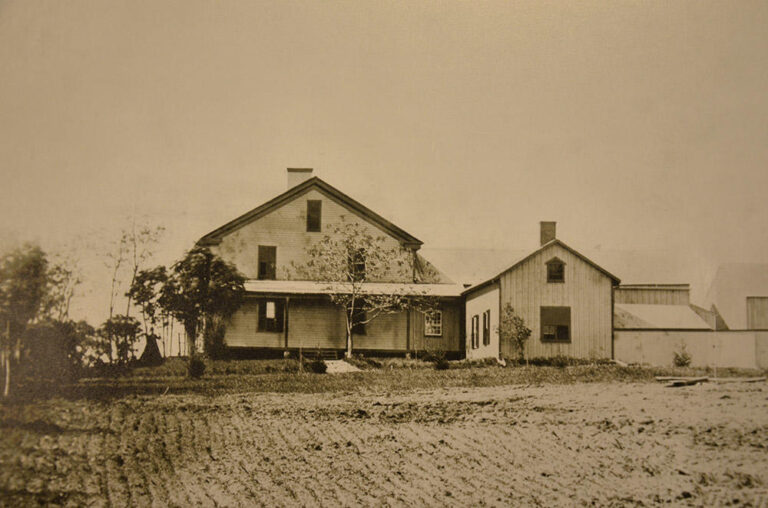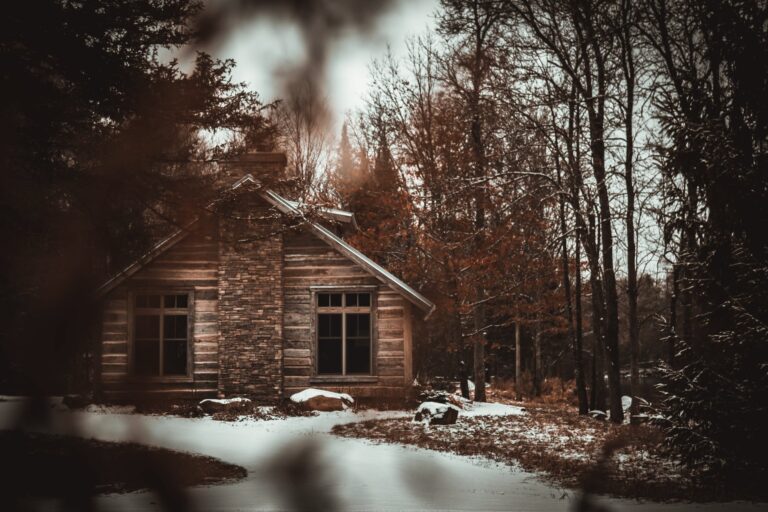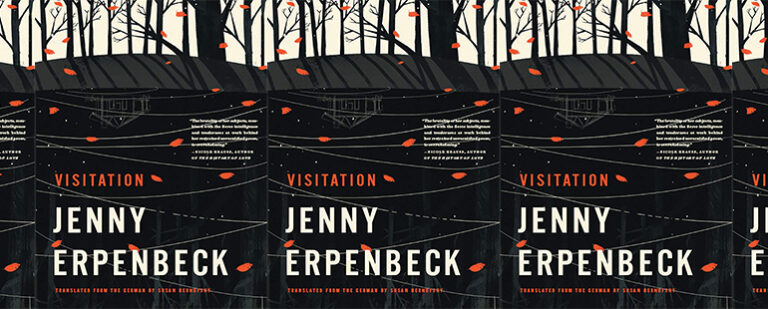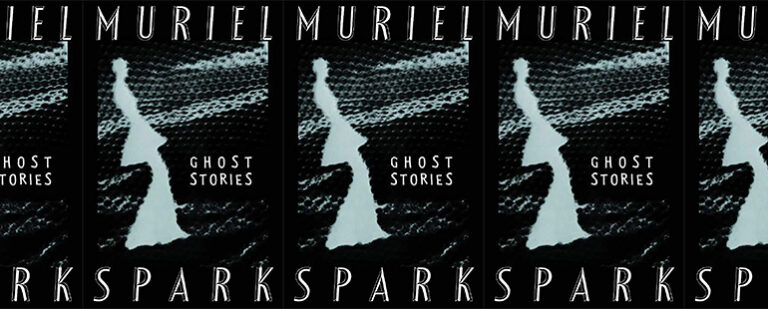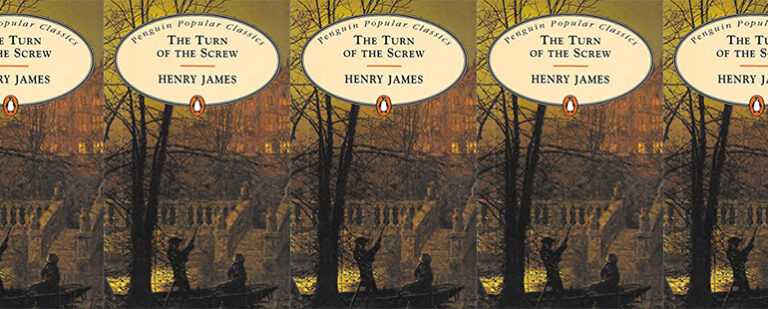Samanta Schweblin’s Experiments in Agency
Schweblin’s voyeuristic robots and continuously shifting perspective guides us through an extended meditation on personal agency that is both bleeding edge and timeless: when do we defend and when do we willfully forfeit our autonomy? How is it taken from us and how do we erase it from others?

